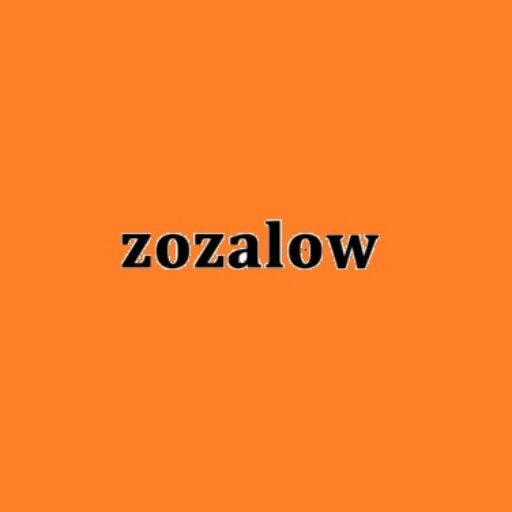Do you wish to organize your finances and save funds for the future? You should then Open a Bank Account Online to manage your finances, earnings, payments, and savings for the future It offers several advantages, such as access to funds and convenient payment options. In addition, having a bank account promotes financial stability and helps individuals track expenses effectively.
TYPES OF BANK ACCOUNT
Banks and financial institutions offer different types of bank accounts for your needs. The following are some of the bank accounts:
1. Savings Bank Account: The savings bank account is the most commonly used option for saving money for the future. You can grow your savings by earning interest on the money you deposit in this account. These bank accounts may have some restrictions like maintaining a minimum balance in your bank account, withdrawal limits, number of transactions etc.
2. Current Bank Account: A current account is right for you if you need to do numerous transactions daily. It is best for individuals or businesses that need to make frequent payments or withdrawals. With a current account, you get several features, such as overdraft facilities, chequebooks, and the freedom to withdraw money anywhere. However, you do not usually earn interest on the deposited amount. This type of account is the best option if your priority is flexibility and convenience in bank transactions.
3. Fixed Deposit (FD) Bank Account: A fixed deposit account is perfect for investing money for a specific period of time and earning higher interest on the deposited amount than you would earn from a regular savings account. But remember, once you deposit the money, you cannot withdraw it before the agreed-upon date, else you may need to pay penalty charges for premature withdrawal. This type of account is a smart choice only if you want to save money for the long term and earn higher interest.
CHECKLIST FOR OPENING A BANK ACCOUNT
You will find the application process for opening a new bank account smooth and hassle-free by following these
steps:
1. Choosing the Right Bank for You: You can research and compare different banks before selecting the one that suits your needs. Look for banks with branches nearby, helpful customer service, and good account terms and
offers. You can read reviews and compare the options available to make sure you choose the bank that meets your needs.
2. Selecting the Right Account Type for You: You should figure out which kind of bank account is perfect for you. Think carefully about whether you want to save money, make lots of transactions, or have investment options. You
can shortlist your choices after considering your priorities and finding the account that best suits your needs.
3. Understanding the Account Requirements: You should understand the eligibility and documentation requirements at the bank to Open Bank Account Online. It includes several requirements, such as age, nationality, and the minimum amount of money to deposit in your account. You will save time after knowing these requirements and ensure an easier application process.
4. Gather required documents: Get all the Bank Account Opening Documents you need in advance to avoid delays. You should keep these Bank Account Opening Documents ready, such as residence proof (utility bills or bank
statements), identification proof (such as an Aadhaar card, Voter ID Card, or driver’s licence), and sometimes proof of your income.
5. Comparing fees: Check the fees that need to be paid for the account you want to open and the maintenance charges, ATM withdrawal charges, and charges on other banking services. Choose an account with reasonable fees
that align with good money management. This way, you can avoid unexpected charges and have a great banking experience.
6. Opt for Online Banking (if available): Almost all banks nowadays provide online banking. You can opt for online banking, which comes with the convenience of managing your finances. You may check your balance, transfer money, and pay bills from the comfort of your own home or any location. With online banking, managing your money is time-efficient.
7. Complete the application: Fill out the account opening form carefully and provide all the required information. Take your time and check everything twice to avoid any errors that might cause delays. You will need to provide the correct details and proper KYC documents to help you open your account smoothly.
8. Making Your First Deposit: You need to deposit the initial amount of money into the bank account to maintain the minimum balance required by some banks after your account is activated. Different banks have different requirements for the initial deposit. Make sure to maintain a minimum balance in your bank account to avoid any penalties imposed by the Bank and deposit money into your account regularly.
9. Knowing Your Account Terms and Conditions: You should understand the terms and conditions of your bank account carefully. Pay close attention to details like the maximum withdrawal amount, any specific instructions, the
rate of interest you will earn, and any fees you might have to pay. This will allow you to make the most of your account, avoid extra charges, and have a better banking experience.
10. Keep track of your account: Regularly monitor your account activity to track your money by easily checking for deposits, withdrawals, and any fees charged to your account. Stay organised by reviewing your monthly statements and immediately reporting any strange or unauthorised transactions to your bank. You can control your finances by ensuring the security of your account.
WRAPPING UP:
Opening a bank account requires careful consideration and attention to detail. Various banks and financial institutions offer a simple bank account application process. You may consider ICICI Bank, which has a user-friendly
online application process and different account options to suit different needs.
